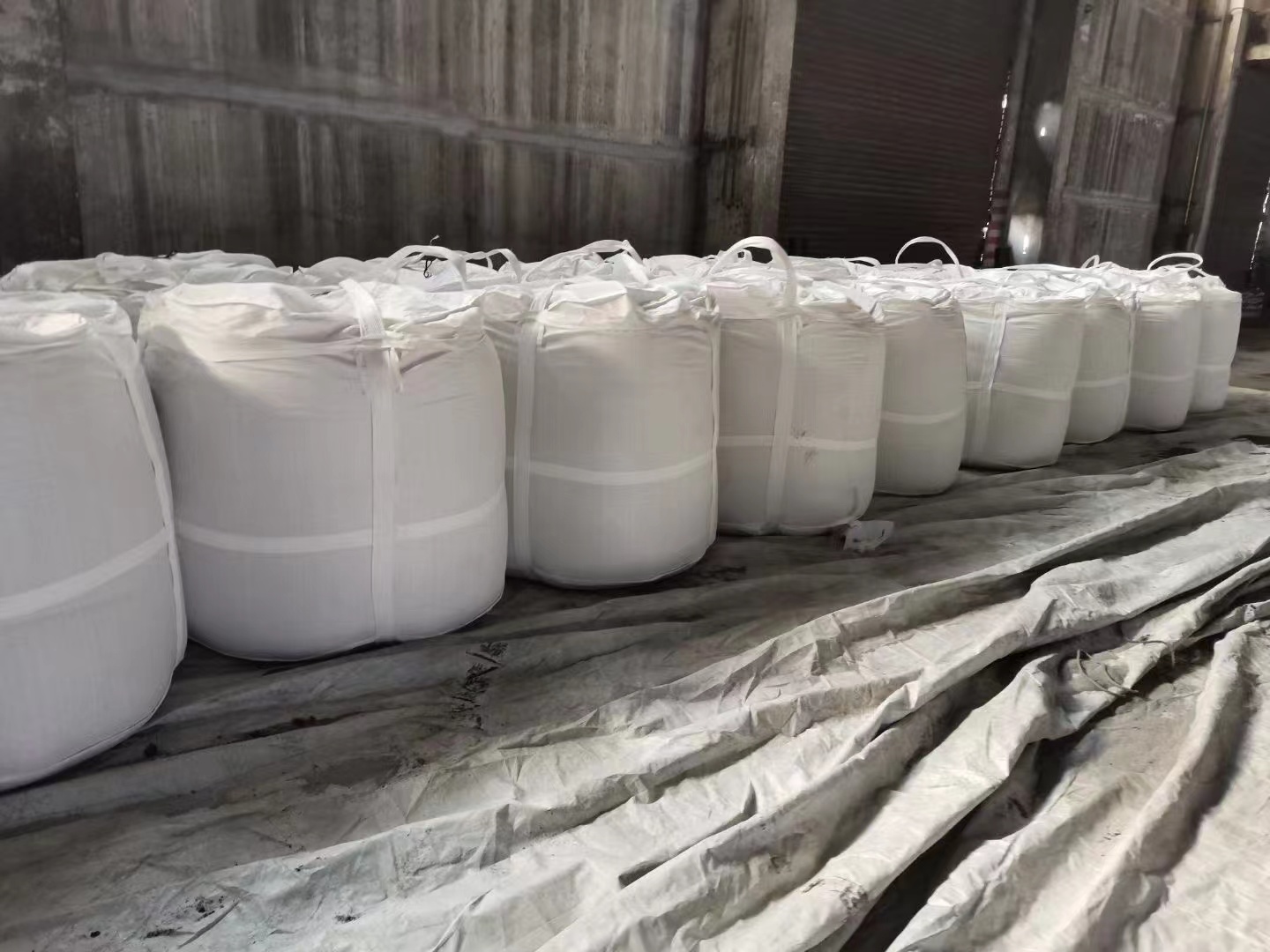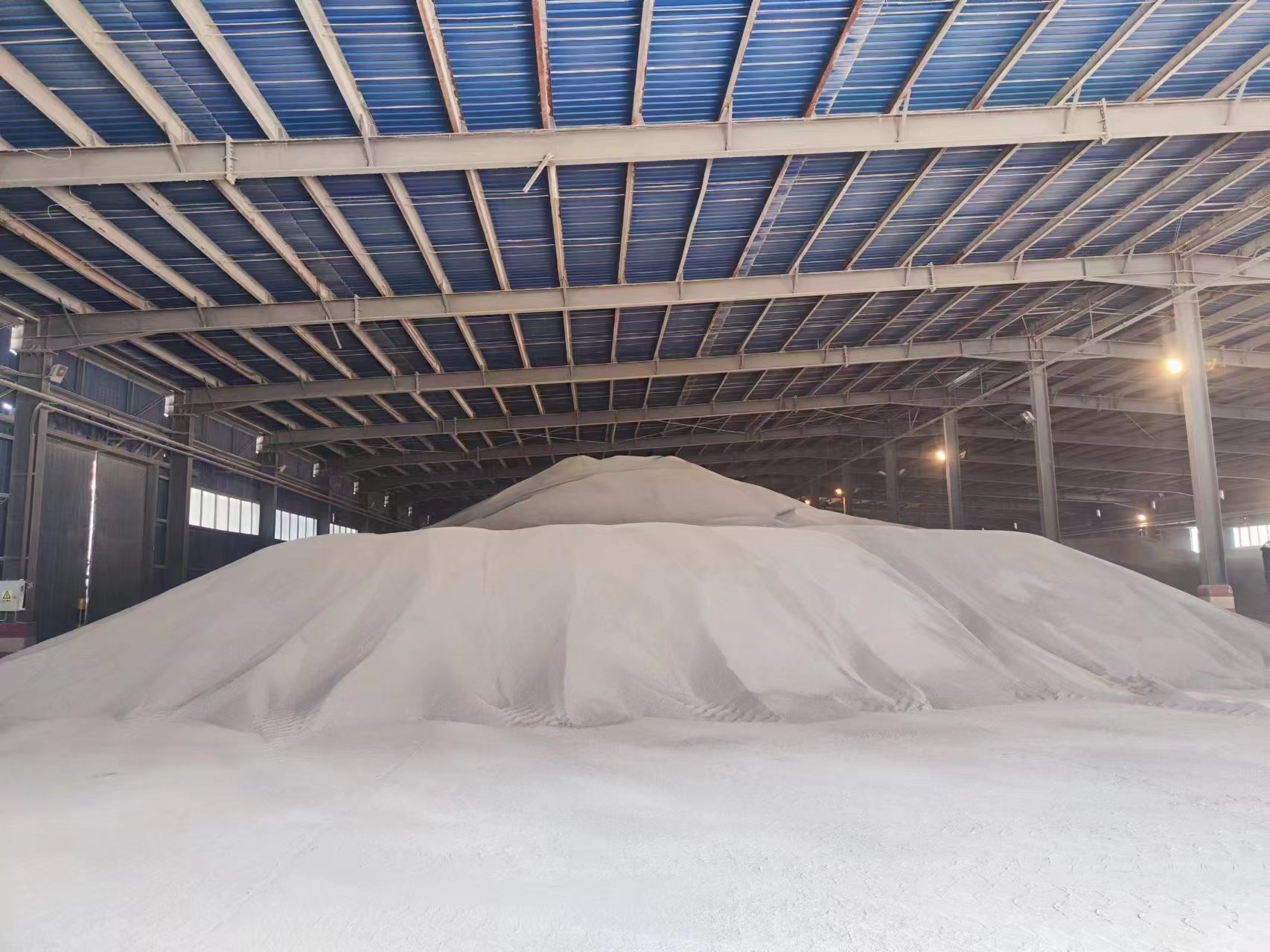
With growing global focus on sustainability, the way nitrogen fertilizers are used is changing significantly. Although the application of traditional nitrogen fertilizers increases crop yields in the short term, long-term use will cause irreversible negative impacts on the soil and the environment. Therefore, finding alternatives to nitrogen fertilizers has become an urgent need in modern agriculture.
Among the many nitrogen fertilizer alternatives, organic fertilizers, biological fertilizers and microbial preparations have received more and more attention. They not only increase the organic matter content of the soil, but also improve the diversity of soil microorganisms, thereby promoting healthy crop growth.

Organic fertilizers are produced through natural means and they improve soil structure and enhance its water-holding capacity. At the same time, applying organic fertilizers can reduce fertilizer costs and achieve sustainable management of soil health.
Biofertilizer improves the nitrogen fixation capacity of the soil with the help of active microorganisms. These microorganisms can enhance crop resistance, increase crop yields, and reduce dependence on chemical fertilizers.

Microbial preparations are rich in various bacteria that are beneficial to plant growth. These bacteria can improve the biological activity of the soil and promote plant growth and nutrient absorption. At the same time, microbial preparations can also enhance the disease resistance of the soil and effectively reduce the risk of plant diseases.
Using alternatives to nitrogen fertilizers has significant advantages for farmers and agricultural businesses. First, they can reduce dependence on traditional nitrogen fertilizers, thereby reducing fertilizer costs; second, by improving soil health, they can effectively increase crop yield and quality; third, they promote the development of environmentally friendly and sustainable agriculture and have a positive impact on the ecological environment.

The development and application of nitrogen fertilizer alternatives provides new solutions for sustainable agriculture. By effectively utilizing these alternatives, farmers can not only increase crop yields, but also protect the soil and ecological environment, achieving a harmonious coexistence between production and the environment. In the future, with the continuous innovation of agricultural technology, we have reason to believe that nitrogen fertilizer alternatives will gradually replace traditional nitrogen fertilizers and become an important driving force for agricultural development.
.jpg)

